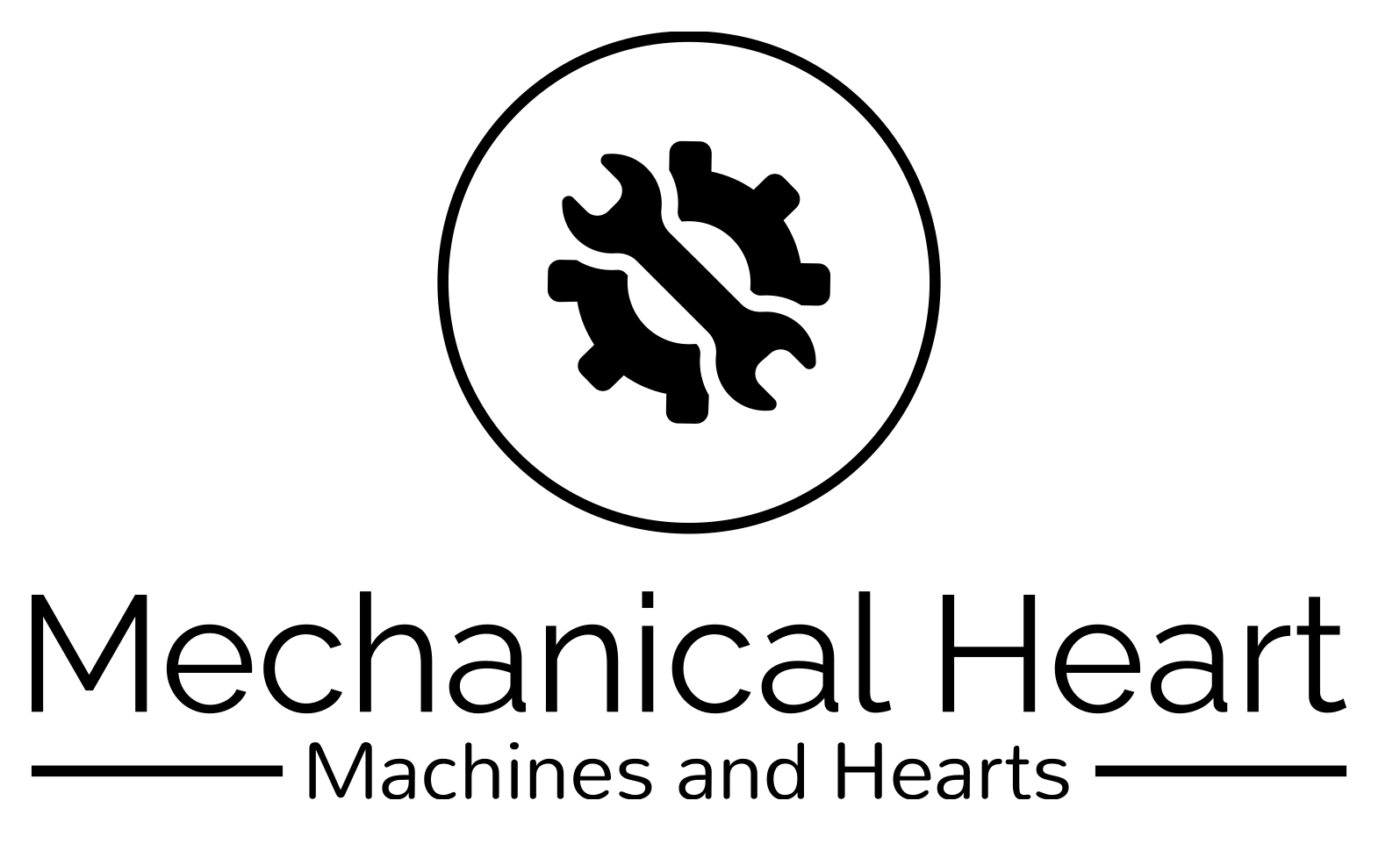Air blowers are compressors except that they work under a very low pressure compared to the main compressors (rotary and reciprocating).
They are called blowers because the compression ratios they offer are small, they are about 3 to 1 or less.
Air blowers are small in size compared to compressors simply because they work on compressing a small volume of air.
Blowers have several uses, they can be used for low-pressure work like cleaning electric devices, and for cooling and ventilating systems in which the pressure needed doesn’t exceed 80KN/m2.
This clearly shows that you can use a blower as a vacuum cleaner, use it for cooling and cleaning electric devices e.g blowing a laptop fan off dust.
Working principle of air blowers.
The air blower has two impellers that are contoured in such a way that they rotate together in the same way two gears will roll.
If the blower is turned on, the impellers rotate creating centrifugal force that creates suction. The air enters the blower through the inlet which it’s filtered before it reaches the impeller.
This is to ensure that the air is clean to prevent jamming of the impellers.
As the impellers rotate, they trap the air in between them and the blower case.
The rotation of these impellers carries the air outward around the impeller and takes it to the delivery line, where the compressed air passes out via the nozzle.
Since the impellers are in contact as they roll, to prevent wear they are driven by a timed gear from a common drive shaft, if one impeller drove the other then this would have caused wear of the impellers.
And after a short period, the air blower would have been useless.
There is a clearance at the contact faces of the impellers so that no lubrication is needed with the pressure case.
The clearance at the impellers leads to the escape of air but in a very small amount. Since the blower is a small pressure unit there is not much drop in its efficiency.
Timing gears are carried in a gearbox out of the pressure case to prevent air contamination. If they were in the pressure case the air would have come in contact with the oil.
Maintenance of air blowers.
1. Regular cleaning of the air intake filters.
Cleaning the air intake filters it’s necessary if you want the blower to keep working efficiently.
If by any chance the intake filters are clogged with dust particles the blower will not work effectively.
This will lead to a lower intake of air into the blower, when this happens then the volume of air to be compressed will be a little.
As a result, there will be a low-pressure output than the usual one.
The blower will also use much power since it will have to overwork to let the air in through the clogged filter.
Don’t be surprised when you experience overheating of the blower, this is something that will happen when the filters are dirty.
To prevent all these problems you have to clean the air filters regularly if you use them often.
2. Lubricating the timing gears of the blower.
You have to make sure you lubricate the timing gears since they are involved in the rotation of the impellers.
If you will not lubricate them when needed then your blower will have issues.
It will not work effectively, as the compression of the air largely depends on the rotation of the impellers.
So, when you lubricate the timing gears you will be making work easier for the blower to compress the air taken in.
Also, lubricating the timing gears will lengthen the life of the blower as you will be preventing corrosion of some parts.
3. Storing the air blower in a good place.
After using the blower you have to make sure you keep it safe, free from moisture and dust.
When you do that you will be maintaining the air blower.
If you store it in a place that has a lot of dust then you will be messing up with its components.
You will clog the filters even before using the air blower. This means you have to break your bank account to take your blower to a technician for cleaning.
So, to prevent that from happening, make sure you store it in the right place.
Don’t let the blower come in contact with water at all as this will facilitate corrosion on some parts of the blower and will interfere with the efficiency of the blower.
Good maintenance is what will make the air blower have a long life.
4. Using it appropriately.
The way you use the air blower is what will determine how it will long it will last.
You have to use it appropriately if you want to maintain it. Don’t use the blower in areas where you aren’t supposed to.
For instance, don’t use the blower to blow away a heap of soil otherwise you will damage it.
Also, when using it make sure you give it a break to when it’s too hot. When you keep it on for so long you will find that it will start to overheat.
So, when you notice it’s too hot, give it time to cool.
This will be maintaining it, as you will not be overworking it. Don’t expect the blower to work as a compressor, because it will never happen.
That is all on the maintenance of the air blower, if you have any questions about the air blower leave your comment.
Thanks for stopping by. See you in my next article.
Related article you might want to check.

